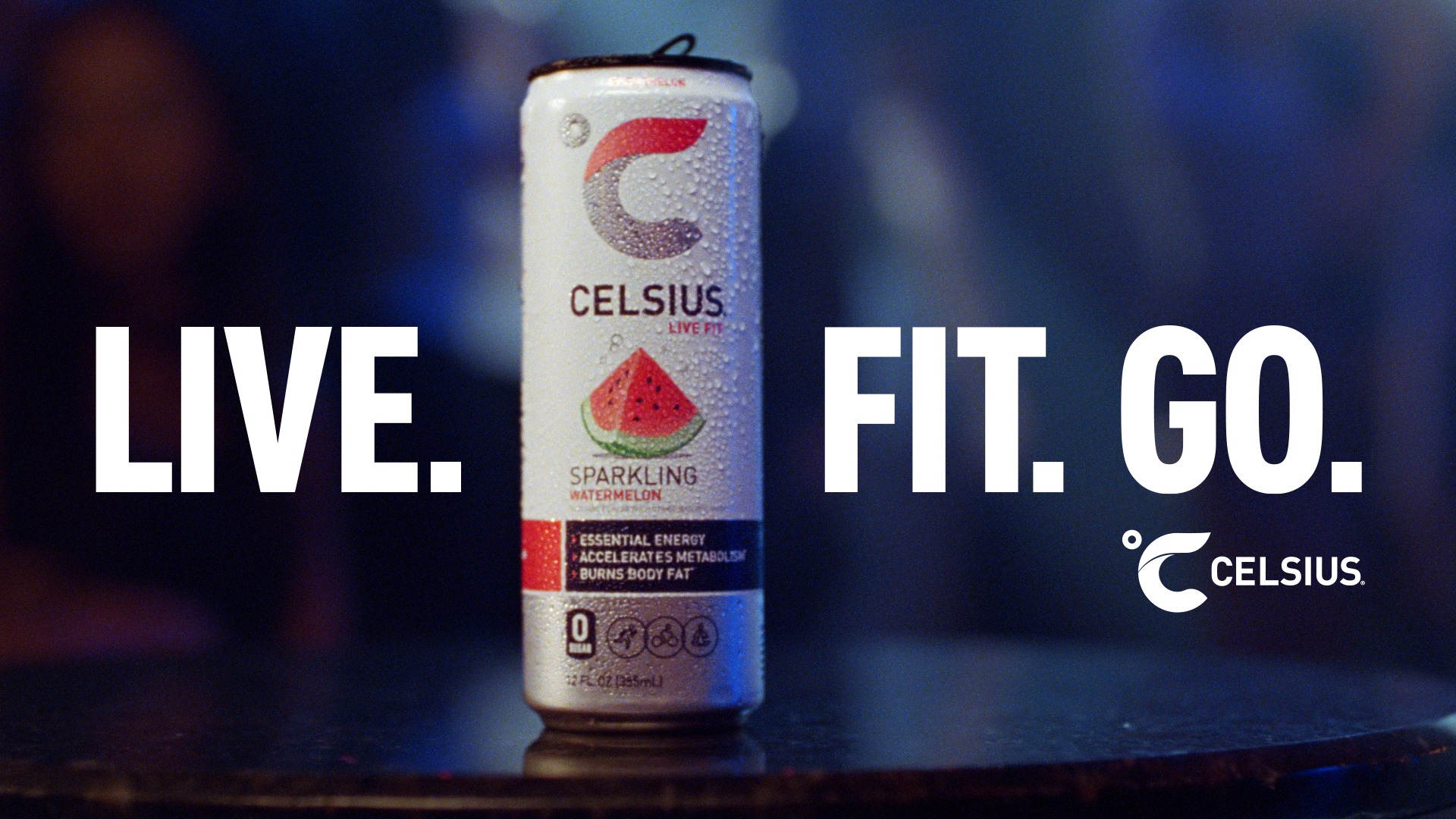Walk into almost any grocery or convenience store, and you’ll likely see Celsius. With celebrity endorsements, splashy marketing, and rapid expansion into mainstream retail, the brand has become one of the most recognizable names in functional energy.
But recognition isn’t the same as performance. Cohere Commerce reviews show a more nuanced reality: Celsius sells extremely well in some channels and stalls in others. It’s a reminder of a larger truth for retailers and brands alike — distribution and brand awareness are only the starting point. Long-term success depends on channel fit, customer alignment, and shelf execution.
.jpg%3Ftable%3Dblock%26id%3D255f839f-f90e-80d4-8267-c5937bc56975%26cache%3Dv2)
Where Big Brands Win
For Celsius, the wins are clear in natural and mainstream grocery channels.
- Sprouts & Fresh Thyme → Retailers consistently rank Celsius among their top-selling energy drinks. Shoppers already recognize the brand, and popular flavors move quickly.
- Health-oriented demographics → Younger shoppers who care about “clean” energy choose Celsius over traditional players like Monster or Red Bull.
Here, Celsius thrives because its brand promise aligns directly with shopper expectations. Customers enter the store already primed for discovery and purchase.
Where Big Brands Struggle
But the picture shifts in specialty channels like GNC.
- Slower sales & lower awareness → Despite national visibility, Celsius doesn’t carry the same weight in this environment.
- Stronger competition → Customers often reach for Alani Nu, Ghost, or Gorilla Mind — brands that resonate more with gym-focused shoppers.
- Discontinued in some stores → Even big names can lose space if velocity doesn’t meet expectations.
This highlights the reality that a brand’s equity in one channel doesn’t automatically transfer to another.
Lessons for Retailers & Brands
Celsius is just one example of a broader retail truth: performance is contextual. Whether you’re a retailer evaluating shelf resets or a brand planning distribution, three takeaways stand out:
- Customer fit is everything
A product that feels like a natural match in one store might feel out of place in another. Retailers succeed when assortments reflect their unique shopper base, not just what’s trending nationally.
- The shelf environment matters
Placement alongside competitors can amplify or weaken a product’s story. At Sprouts, Celsius benefits from adjacency to other functional beverages. At GNC, it struggles against entrenched performance-lifestyle brands.
- Marketing doesn’t guarantee loyalty
Awareness drives trial, but repeat purchases depend on value, taste, and relevance. Retailers notice when hype doesn’t convert into sustained velocity.
The Bigger Picture: Why Peer Insights Matter
Celsius shows that even market leaders must navigate the complexities of channel dynamics. For retailers, stocking a big brand isn’t always a guaranteed win. For brands, landing distribution is just step one — true staying power comes from knowing where products resonate and why.
That’s where peer insights are essential. By sharing verified performance feedback, retailers can benchmark what’s really moving in stores like theirs. And brands can use that same feedback to refine strategy, strengthen positioning, and avoid costly missteps.
The lesson isn’t that Celsius is overhyped. It’s that context defines success. Brand power may open the door, but alignment with customers and the shelf environment determines whether a product thrives or fades.
For retailers, the edge comes from learning what works beyond their own four walls. For brands, it’s about building not just awareness — but relevance.
👉 Explore more verified retailer reviews and store-level insights on Cohere Commerce.
